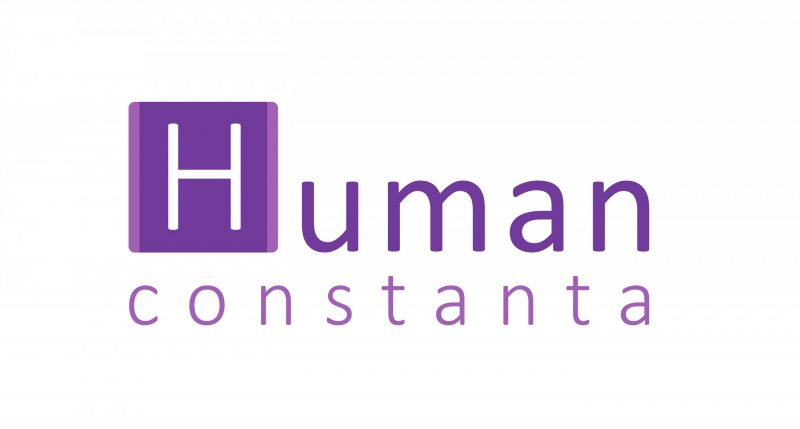Convicted blogger Pavel Spiryn is political prisoner
February 8, 2021
On February 5, the Minsk City Court sentenced blogger Pavel Spiryn to 4.5 years in a general-security penal colony (Judge Dzina Kuchuk) under Article 130 of the Criminal Code for making and distributing two videos on social issues.
Pavel Spiryn was detained on September 4, 2020, released three days later, then detained again on September 9 after his new video was released online. In the 2020 presidential election, the blogger announced his intention to run for President, but the Central Election Commission denied registration to his nomination group. At the same time, Pavel Spiryn made harsh remarks against Aliaksandr Lukashenka in his speech at a CEC meeting, which was broadcast live, which could be one of the reasons for his persecution. He eventually became a proxy for presidential candidate Sviatlana Tsikhanouskaya. In 2019, one of his films called “Gran’” (“Edge”) was blacklisted by the authorities as “extremist content,” but the vlogger only faced charges related to the video after his active participation in the 2020 election campaign.
Spiryn was charged under Part 1 of Article 130 of the Criminal Code, “Intentional acts aimed at inciting racial, national, religious or other social hatred or hostility on the grounds of racial, national, religious, linguistic or other social affiliation.” The social group in question, according to the prosecution, is “another group of persons united by professional affiliation,” namely prosecutors, judges, members of Parliament, senior officials of the Republic of Belarus, police officers, riot police officers and even the Minister of Internal Affairs.

Results of monitoring the trial against blogger Pavel Spiryn
We believe that the sentencing of Pavel Spiryn is an inadmissible restriction on freedom of expression, which creates new hazardous forms of persecution for public criticism of the activities of government bodies and officials. In this regard, we note that government officials and police in particular are not a separate social group, and criminal liability for incitement to hatred should primarily prevent incitement to hatred against vulnerable groups, rather than government officials, government agencies and the police in particular.
Article 19 of the International Covenant on Civil and Political Rights guarantees the right to freedom of opinion and expression. At the same time, in order to respect the rights and reputation of others, there are permissible restrictions on this right, designed to protect their honor and dignity. These restrictions should not be used to prohibit public criticism of government officials, nor should it be linked to the official position of those about whom information or information is disseminated.
As noted by the Human Rights Committee in its General comment No. 34 (“Article 19: Freedoms of expression and expression”), “the Committee has observed that in circumstances of public debate concerning public figures in the political domain and public institutions, the value placed by the Covenant upon uninhibited expression is particularly high. Thus, the mere fact that forms of expression are considered to be insulting to a public figure is not sufficient to justify the imposition of penalties, albeit public figures may also benefit from the provisions of the Covenant. Moreover, all public figures, including those exercising the highest political authority such as heads of state and government, are legitimately subject to criticism and political opposition. […]States parties should not prohibit criticism of institutions, such as the army or the administration.” In addition, the Committee believes that the “penalization of a media outlet, publishers or journalist solely for being critical of the government or the political social system espoused by the government can never be considered to be a necessary restriction of freedom of expression.”
Based on this and guided by paragraph 3.2 (a, b, c, d) of the Guidelines on the Definition of Political Prisoners, we consider Pavel Spiryn to be a political prisoner.
In this regard, we, representatives of the human rights community, call on the Belarusian authorities to:
- revoke the sentence against blogger Pavel Spiryn and release him;
- immediately release all political prisoners, as well as all other individuals detained in connection with their exercise of freedom of peaceful assembly during the election period, and put an end to political repression against the country's citizens.
Human Constanta
Human Rights Center "Viasna"
Belarusian Helsinki Committee
PEN Belarus
Belarusian Documentation Center
Legal Initiative
FORB Initiative
Belarusian Association of Journalists
Center for Legal Transformation “Lawtrend”


















